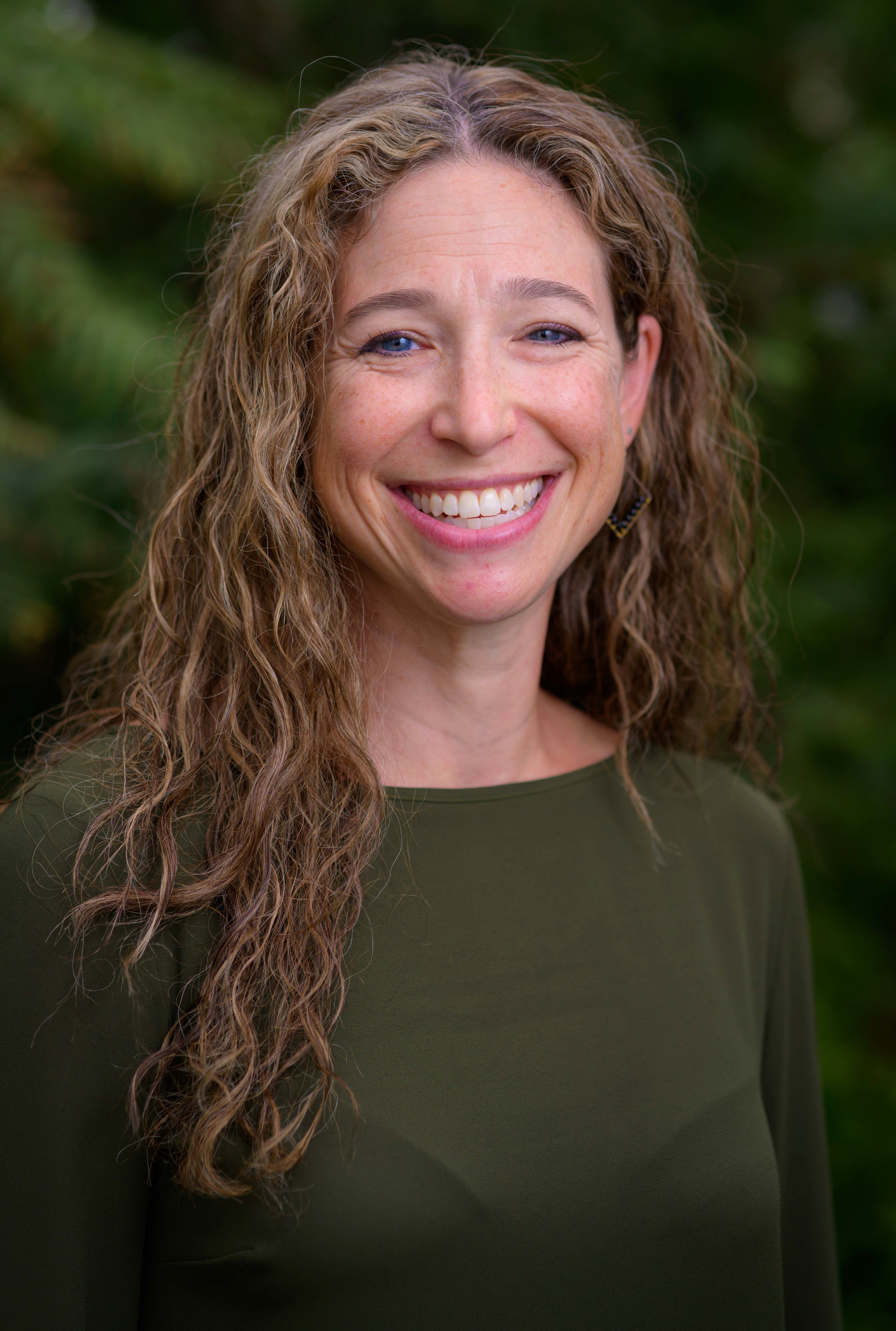ABSTRACT
Levels of unsustainable and illegal natural resource exploitation have escalated in scope, scale, and severity. Illegal over-harvest of plant and animal species occurs around the world and poses risks to species, ecosystems, and people. Beyond the risk of species loss, overexploitation represents stolen natural resources, is associated with corruption and insecurity, human rights abuses, and regional destabilization in some of the world’s most vulnerable developing nations. This presentation will discuss conservation criminology—an interdisciplinary and applied science for understanding risks to global natural resources. Two case studies will illustrate how conservation criminology offers novel human dimensions insight about crime prevention and more responsive law enforcement in dynamic and multi-scale conservation contexts. The first case study tracks more than a decade of research on environmental insecurity, illegal logging and wildlife trafficking in Madagascar using participatory and interdisciplinary intelligence mapping. The second case study highlights illegal urban wildlife trafficking in Democratic Republic of Congo and Republic of Congo using negative space and participatory risk mapping of illicit supply chains as well as crime-place network theory and crime science. Although the presentation will focus mostly on wildlife trafficking and illegal logging, conservation criminology is applicable to other causes and consequences of environmental change, including illegal fishing and mining, invasive species, emerging infectious disease and water insecurity.
BIO

Prof. Meredith Gore is a conservation social scientist leveraging concepts of risk to enhance understanding of human-environment relationships. Her scholarship is designed to build evidence for action. The majority of her scientific inquiry can be described as convergence research on conservation issues such as wildlife trafficking, illegal logging, fishing and mining. Prof. Gore received her PhD in Natural Resource Policy and Management from Cornell University, MA in Environment and Resource Policy from George Washington University, and BA in Anthropology and Environmental Studies from Brandeis University. She is a National Academies of Sciences Jefferson Science Fellow, US Department of State Embassy Science Fellow and Emerging Wildlife Conservation Leader.



